Advice from friends and mentors has been clear: just stop talking. And yet the tweets, emails and other messages just keep rolling in, featuring some of the most hateful stuff I’ve ever read. They range from the fascinating “I don’t think you’re a racist!” to “I don’t think you’re a racist, you’re just stupid,” to “yeah, you’re a racist, so shut up.” Plus, the CNN documentary that is the source of all this mess hasn’t been aired yet, and I haven’t seen it, and all of this is going to pop up again then.
And it’s not just CNN being CNN any more. I wrote about how CNN interviewed me in July, supposedly about startup accelerators, but really about the lack of minorities in Silicon Valley. And by minorities CNN meant blacks and hispanics, because Asians, who have disproportionate success in Silicon Valley, don’t count.
I wrote about it all here.
The problems with the interview:
– I was told by CNN it was about startup accelerators, not minorites.
– CNN then created a clip that highlighted me saying I didn’t know any black entrepreneurs, even though later in the conversation I corrected myself.
– CNN then wrote two articles, one of which was the top story on CNN last week, focusing on my race problems.
– Only a very few people have seen it. I haven’t, and I’m in the absurd position of not having seen it myself (to know how they edited the long version) and defending myself from people who also haven’t seen my interview.
Soledad O’Brien responded to my post, stating that her team had in fact notified someone at AOL a few days prior to the interview that minorities might be discussed. She presents an email which is almost identical to the first one, but which has an inserted fourth paragraph:
From: “Babbit-Arp, Kimberly”
Date: Mon, 25 Jul 2011 11:41:10 -0400
To: Kelly Mayes
Subject: CNN Interview on Friday, July 29, 2011
Hey Kelly,
Thank you again for setting up this interview with Michael for Friday July 29th. Soledad has set up her schedule to fly from the east coast to meet and chat with Michael – so we are very much looking forward to this opportunity.
As we indicated in our earlier email for the past several months our team at CNN been working on what we think is the first major broadcast news documentary to focus on the ‘accelerator phenomenon’ and the booming start-up culture in Silicon Valley. In this culture, Michael Arrington is God and TechCrunch is the bible.
The main thread of our story, reported by Soledad O’Brien, will be the experience of a group of digital entrepreneurs who are spending the summer in Silicon Valley chasing their startup dreams.
The group of entrepreneurs we are following are participating in the Newme accelerator. The first accelerator of its kind set up specifically for entrepreneurs of color. Their inspiring stories will be the focus of this CNN Black in America documentary and various profiles produced for Money.CNN.com.
Obviously Michael is extremely knowledgeable about the valley/start up culture and the rise of accelerator programs, as chronicled minute by minute in Tech Crunch. We would like Michael to share some insight into the allure of tech entrepreneurship… Is now a good time to be a tech entrepreneur? What drives people to pour their blood, sweat and tears into these startups? Who succeeds? Who fails? and why?
This CNN documentary is scheduled to air in November.
Any last minute questions – please let us know.
Thank you for everything!!
Kimberly
Kimberly Arp Babbit
Producer
And from that, presumably, I should have known to come prepared for a race war. Despite the fact that the email wasn’t sent to my assistant (the previous one was) and I certainly wasn’t copied on it. I never read it, heard about it, or otherwise knew about it. And even if I had read it, I would not have come prepared to defend myself against an angry interviewer who wanted to throw away 45 minutes of reasonable discussion to grab a few nice out of context soundbites.
But what’s worse, as I said before, is that the one statement I made is now the primary trailer for the documentary. Nothing else I talked about for 45 minutes, including revising that statement.
It was a “gotcha” and that’s that.
No explanation of the broken promise to put up the entire interview and transcript with me on CNN.
No explanation around why, if CNN is as proud of their work as they say, they deleted one of the posts they wrote about me.
What I think I said in the interview
I remain in the unenviable position of not being able to see the interview, or the final clips for the documentary (where they’ll remove anything remotely reasonable I said). However, what I think I talked about was how few black and hispanic entrepreneurs we see in Silicon Valley, and how eagerly we tried to put them on stage (this was pre-CrunchFund, I was just talking about press via TechCrunch). It went a lot like the whole 2010 women in tech debacle
While it’s easy to look around Silicon Valley and see very few (non Asian because they don’t count!) minorities and then conclude “you’re a bunch of racists,” I don’t think that’s productive. What I do think is productive is to get more minorities, and women, and everyone, focusing on math and science and computers in school, as early as possible.
Once they’re here they are welcomed with open arms.
The top ten, or so, reasons I’m a racist”
Unless their ideas suck. And even if they do suck a little, at TechCrunch we’d write about it anyway to give exposure to these entrepreneurs. That’s another source of endless criticism.
Or the coverage wasn’t good enough.
Or that putting people on stage who didn’t strictly deserve it is racist because it makes people think that they’re only on stage because of their race.
But either way, unless we cover more minorities, we’re racist.
And, screw it, we’re all just racists anyway, says white guy Mitch Kapor. “The operation of hidden bias in our cognitive apparatus is a well-documented phenomenon in neuroscience. We may think we are acting rationally and objectively, but our brains deceive us.”
Statements like that, by the way, scare the hell out of me. They can be used to justify almost anything. Like how we’re all racists. I wonder if Kapor could argue that he himself is rational and objective, even though no one else is.
So just to sum up, if I say the race problem in Silicon Valley is caused by too few blacks, hispanics and women showing up to even get in the game, I’m a racist. And if I say that we covered virtually every minority and women founded startup on TechCrunch, I’m a racist. And also, I’m just a racist period, per Kapor’s post.
One critical author wrote about great startups like Bitcasa, which has a black founder and CEO. And somehow didn’t see the irony in calling me out even though the picture used was Bitcasa on stage at TechCrunch Disrupt, as a finalist. And they apparently don’t know that I’m an investor in Bitcasa as well.
What I gave Bitcasa is a bear hug. But it had nothing to do with what color the founder is. The young startup could become huge one day.
And also, why am I even talking about this? See “But having someone who is not a woman or a minority make grand pronouncements about how beneficial being a woman or a minority is while raising money is patronizing, disturbing, and insulting.”
There were lots of tweets like this as well, summed up as “How dare Arrington talk about race” …even, I guess, when he’s sitting in front of a camera being asked for nearly an hour about race.
I’d respond that the only reason I dared talk about race was because I was set up, but I’m not sure anyone’s listening any more.
The White Guys Who Get It (And Milk It)
But you know what I find offensive? That fact that I can’t talk about it, unless I say what I’m supposed to say.
And what I’m supposed to say is this. “I’ll assert that racism is alive and well in the U.S. I’ve seen it many times, including in Silicon Valley…When you see racism, don’t tolerate it. Take action. And don’t deny reality.”
This is what investor Brad Feld wrote about all this, while getting his jabs in on me.
To universal high fives as a white guy who gets it, and cares. But wait! Don’t forget white guy Kapor’s universal law that we’re all racists even though we don’t know it because Kapor says we are.
And that includes Feld. The guy who writes the crowd pleasing words, apparently, so that his venture firm can stay more…let’s say racially pure. And the list of mentors at his TechStars accelerator program – well let’s just say they did manage to get a token black man and a token black women on to that list of hundreds of mentors, but it sure doesn’t look like “take action” to me.
There are some hard truths about race in Silicon Valley that none of these people care to address:
– There are very few minorities here. When they are here, they get hired much more easily than their white or asian counterparts. There is no conscious or subconscious desire to keep minorities out, at least not in the groups I run in, which include all major VCs and accelerators. It’s the complete opposite. Kapor may say we’re closet racists, whatever, but out in the real world this bias just isn’t there.
– If more minorities arrive, more minorities will get funded, and a virtuous cycle can be created. This is what’s going on with various successful Asians in Silicon Valley, who help the next generation win too.
– The fact that some minorities are not here may be because certain minorities don’t see Silicon Valley as a place for them, and that is something that we need to change. Which many of us are doing by going a little easier on minority candidates.
– Still, not every black entrepreneur deserves to be funded, or exceed. The vast majority of them should fail, and will fail unless the government starts a program to fund every black entrepreneur and then require public companies to buy each and every one of these startups. If that happens, most of us will be out of here pretty darn quick.
– When a black entrepreneur tries and fails, she should not immediately think that racism was the cause. Since nearly all startups fail, it’s very likely that the startup would have failed no matter what color the person was who started it.
– The way to fix this problem is to try to get more very young minorities interested in business, science and math, and create a culture that celebrates these interests in the same way that being good at sports is celebrated today. All we need is one huge success story to plaster all over news sites and magazines, and the ball will be rolling.
– That will start with people like will.i.am, who’s trying to do exactly this in Los Angeles. I wrote about this in my previous post. As far as I know he’s not in the interview, but the man is doing more to get minorities into tech than anyone on earth, and probably more in a day than O’Brien will do in a lifetime.
– Finally, Asian “minorities” can’t simply be ignored. Many of Silicon Valley’s biggest success stories are from Asian entrepreneurs who came here with nothing, sometimes, illegally, and found a way to win. And back when the early pioneers were doing that, bias was definitely built in to Silicon Valley. They succeeded despite that. To ignore this is to throw away valuable data, and I don’t see any good reason to do that.
I am willing to have a civil discussion about my views on this. I’m open to the idea that I may even be wrong. But the people who see things differently from me on this seem content to either scream at me, or use big words to show that I’m racist no matter what I do to try to hire and promote minorities and women.
If these are the people who truly speak for the underdogs, absolutely nothing is going to change. Feld will keep saying nice politically correct things but won’t be hiring any black people because there’s no pressure on him. Others will follow what he’s doing, because, hell, that worked out great. But there will still be very few black entrepreneurs here to actually fund, or write about.
I, in contrast, don’t say politically correct things. But I have educated ideas about how to begin to fix the problem, and I’m willing to both speak my mind and listen to others (but only if they don’t scream at me, or throw me under the bus to write niceties about doing more while doing absolutely nothing). And in the meantime I’m funding, promoting, hiring and generally doing what I’ve always done to help out women and minority founders.
Many of us are taking solid strides forward in Silicon Valley. I wish that all the people up on their pedestals trying to get credit for saying the right things about race would just get down, get to work, and make things happen, too.

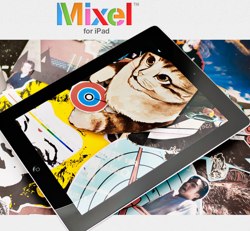 See TechCrunch for more details, and check out the overview video on the Mixel home page.
See TechCrunch for more details, and check out the overview video on the Mixel home page. It looks like Simple Geo may have made a solid bet after all. Last week the company
It looks like Simple Geo may have made a solid bet after all. Last week the company 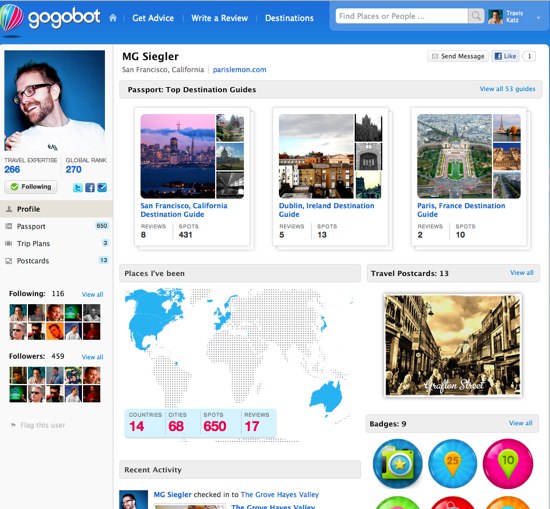
 After 42 successful weekly auctions of shares of Facebook stock, SecondMarket hit a snag – they weren’t able to make a market between buyers and sellers in the 43rd, and
After 42 successful weekly auctions of shares of Facebook stock, SecondMarket hit a snag – they weren’t able to make a market between buyers and sellers in the 43rd, and 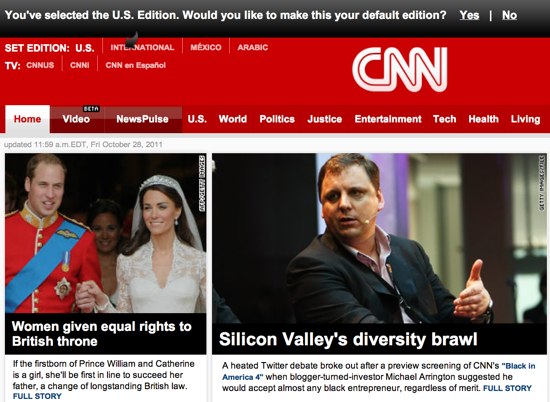


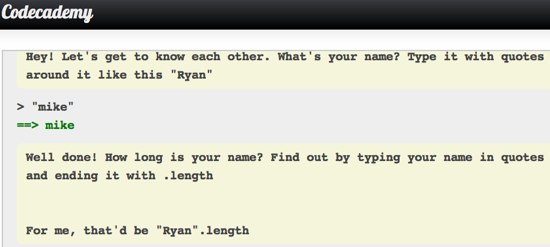
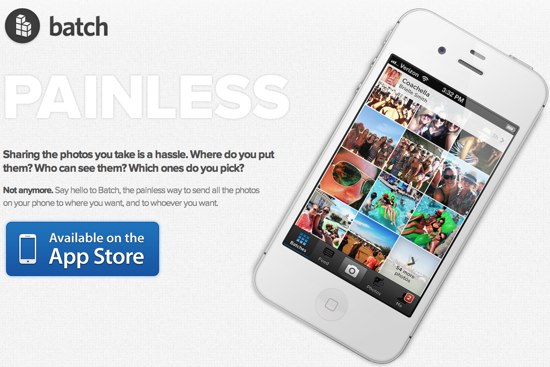
 And so the conversation went. I didn’t believe him until he pulled out his iPhone and showed me an early internal version of
And so the conversation went. I didn’t believe him until he pulled out his iPhone and showed me an early internal version of  It’s the perfect app to add to my new iPhone (
It’s the perfect app to add to my new iPhone (